‘There will be no one-sided game’: Lavrov on Putin-Biden summit
Russian Foreign Minister Sergey Lavrov says the diplomatic crisis between Moscow and Washington can only be resolved through simultaneous steps, stressing that there will be no one-sided game.
Lavrov made the remarks at a joint news conference with Belarusian Foreign Minister Vladimir Makei on Friday, following a recent meeting between Russian President Vladimir Putin and his US counterpart Joe Biden in the Swiss city of Geneva, where the two leaders agreed on steps on a mutually acceptable basis.
"I have read reviews of the results of the Geneva talks provided by US officials, including the participants of these negotiations. They claim: ... we said that we need to return the personnel ensuring work of the embassy, we need to get an answer from Russia on charges related to the activities of hackers who attack US infrastructure, and to seek the release of Americans who are serving time in [Russian] prisons,” Lavrov said as he commented on the assessments of the top-level summit.
“This is not the kind of approach that the presidents talked about ... I would like those making similar comments on the results of the summit to hear us: there will be no one-sided game. President Putin unequivocally supported the proposal by President Biden to address issues on a mutually acceptable basis. This is the only way to move forward," he added.
On Wednesday, Putin and Biden met in Geneva amid escalating tensions between Moscow and Washington.
The talks -- aimed at resolving US-Russia differences – were held at a time when bilateral relations between Moscow and Washington have deteriorated to their lowest point in recent years and are even worse than during the Cold War.
At the meeting, the two presidents agreed to return their ambassadors to their workplaces in Moscow and Washington in a bid to lower tensions
Commenting on the issue, Lavrov said the return of the US ambassador to Moscow and, respectively, the Russian ambassador to Washington is important but a symbolic step.
"Of course, this is a symbolic gesture. It is important but it is symbolic. However, it has some meaning, as the presence of ambassadors and not their deputies in capitals always enables slightly more active negotiations," Lavrov said.
He also stressed that the only way possible to resolve the escalating tensions between US and Russia is that the two countries take simultaneous and coordinated steps.
Over the past six years, the US has imposed waves of sanctions against Russia, including over alleged meddling in its 2016 and 2020 presidential elections and the recent jailing of opposition figure Alexei Navalny.
Diplomatic relations between Moscow and Washington deteriorated in March, when Biden said he thought Putin was a “killer,” prompting Russia to recall its ambassador to Washington Anatoly Antonov for consultations. The US recalled its ambassador John Sullivan from Moscow in April. Neither has since returned.
More recently, tensions escalated between the two sides over the Russian-speaking Donbass region of Ukraine, where Ukrainian troops and pro-Russia forces have been fighting since 2014.
Kiev and its Western allies accuse Moscow of having a hand in the crisis. Moscow, however, denies the allegations.
The Geneva summit, which took place following long US-Russian negotiations over its timing and location, recalled the Cold War summit between US president Ronald Reagan and Soviet leader Mikhail Gorbachev in the Swiss city in 1985.
The key issues on the agenda were alleged state-sponsored cyberattacks and interference in elections, human rights violations, arms control conflicts, tensions over Ukraine and prisoners exchange.
Elsewhere in his remarks, Lavrov said the NATO-led Defender Europe 21 exercises as well as concerns they spark were also discussed in the summit.
The maneuvers, which are held in central Europe, are led by US Army-Europe, but has significant US Navy and US Air Force participation.
Earlier in the day, Lavorv had denounced the ongoing large-scale exercise, saying it could be seen as a demonstration of NATO’s “aggressive intentions" in Europe.
Russia has repeatedly warned the US and its NATO military allies against conducting “provocative” war games near its borders.
British protesters slam UK’s complicity in Gaza genocide on Balfour day
US surgeon haunted by Gaza children with ‘single gunshot wounds to head’
VIDEO | Fatal Harvest: Escalating attacks on Palestinian farmers in the occupied West Bank
Hamas rejects temporary truce offer, calls for complete ceasefire in Gaza
Iran among top nuclear technology countries: AEOI chief
Democrats 'risk losing' election for backing Israeli war on Gaza, Lebanon: US journalist
Protesters remove busts of Israel's first president from Manchester Univ.
VIDEO | Hezbollah drones


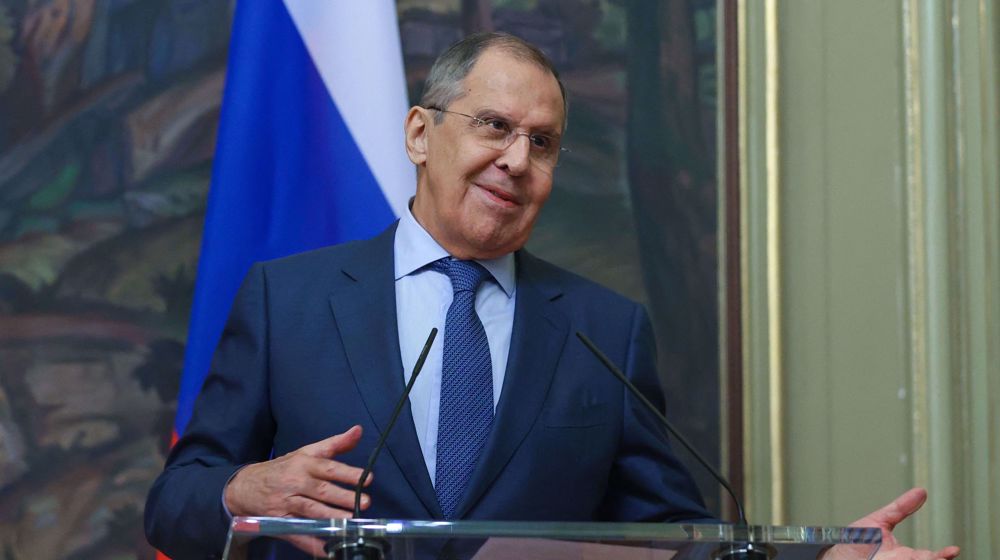


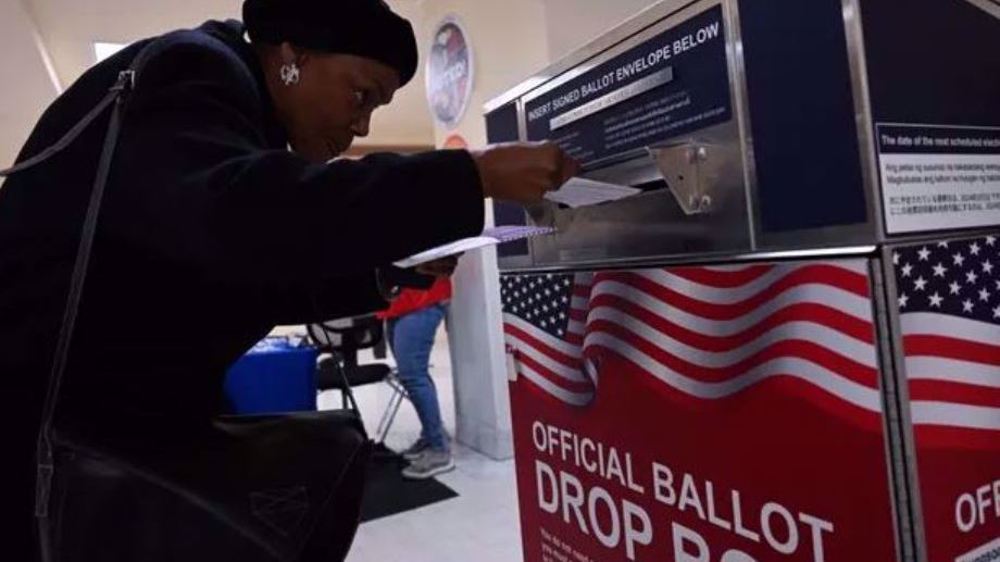
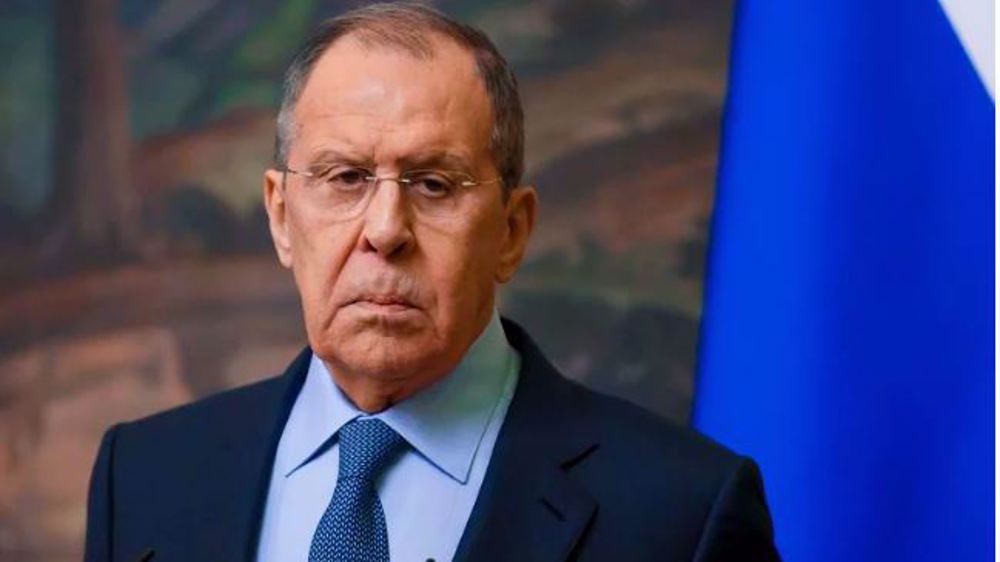
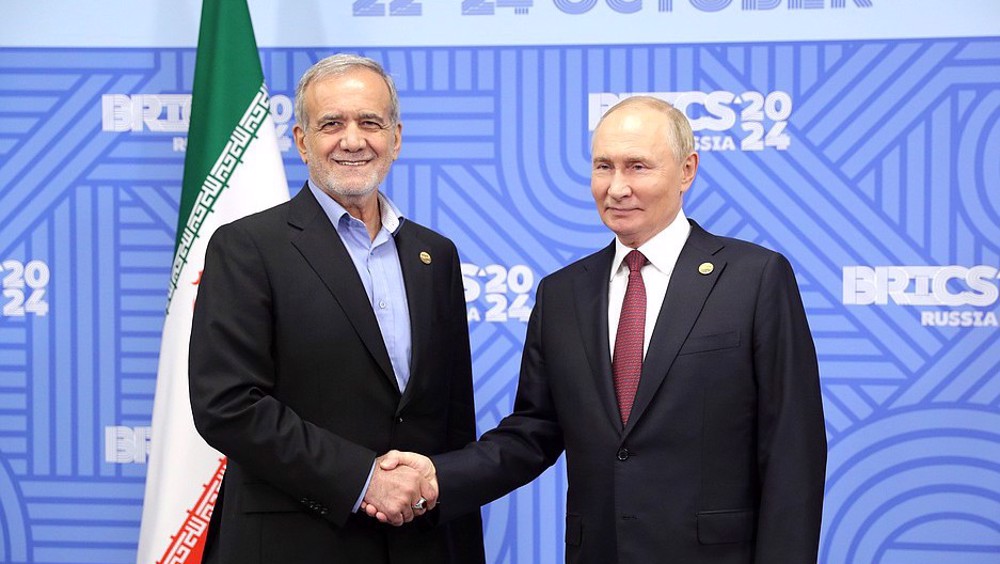



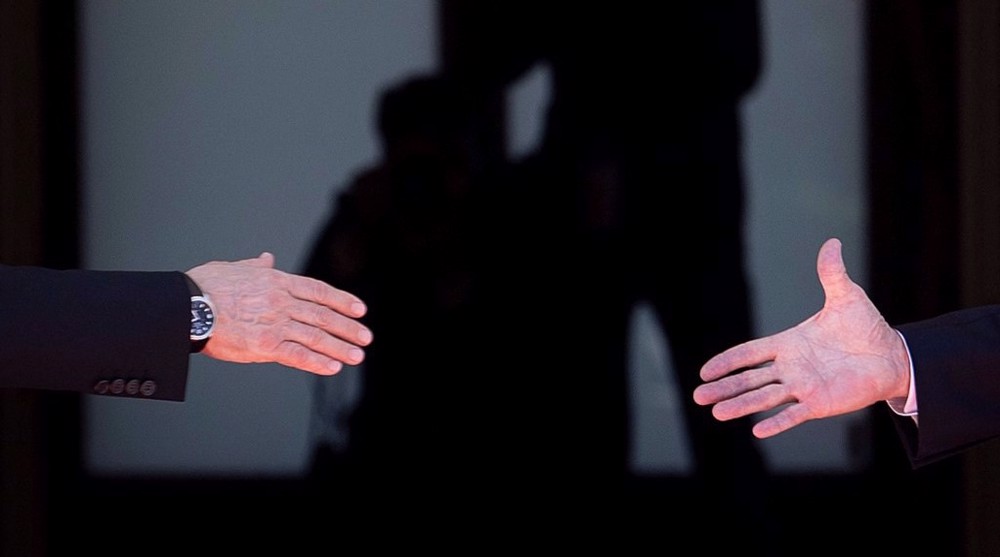

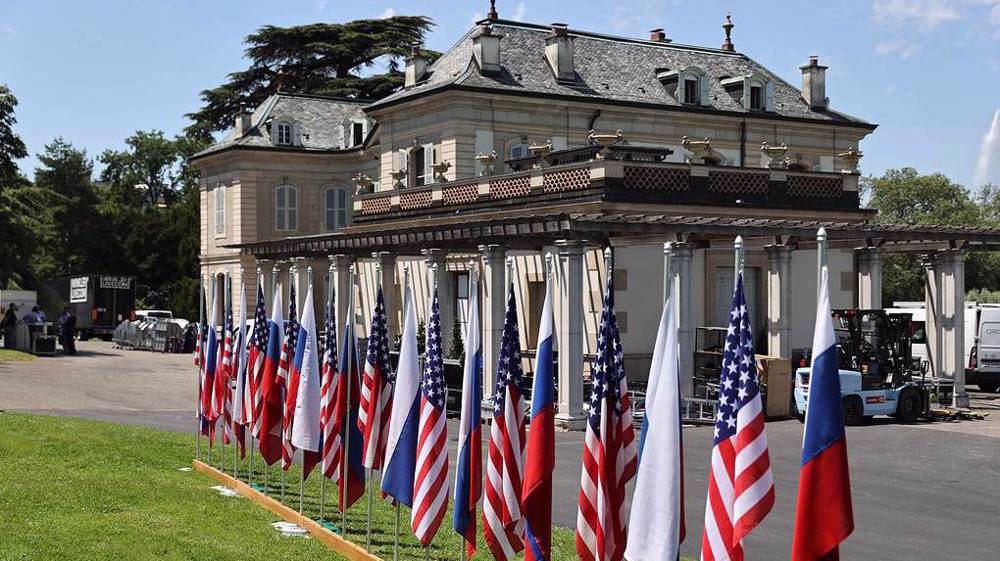

 This makes it easy to access the Press TV website
This makes it easy to access the Press TV website